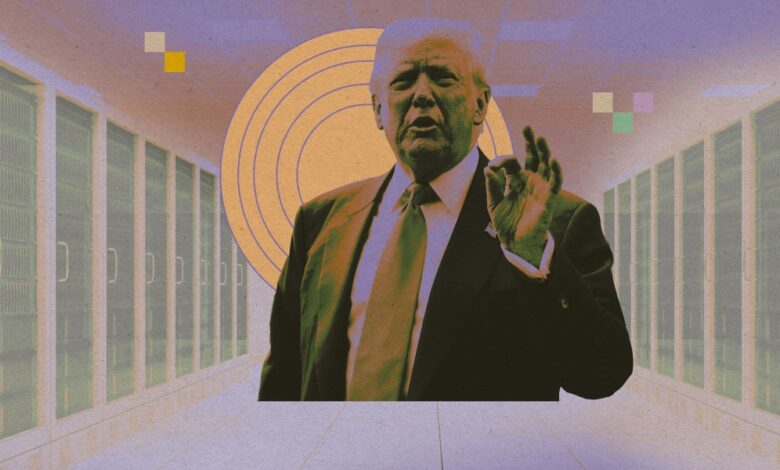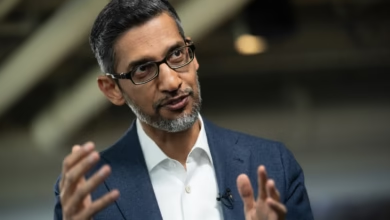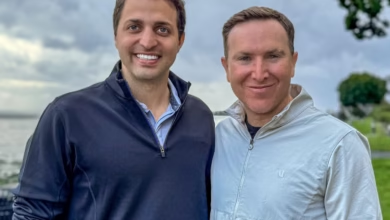Trump’s AI Plan: More Distraction Than Progress

▼ Summary
– The transformer model, foundational to today’s generative AI like ChatGPT, was developed in 2017 by a Google team mostly composed of immigrants or children of immigrants.
– Immigrants play a central role in American AI leadership, cofounding 60% of top AI startups and leading major AI companies like OpenAI, Google, and Nvidia.
– The US is losing its AI talent advantage due to anti-immigration policies and reduced R&D funding, reversing the post-WWII “brain drain” trend.
– Innovation thrives when talent has freedom to move and compete, as seen in Silicon Valley’s history of employees leaving to start rival companies like Intel and AMD.
– Former employees of tech giants like Yahoo, PayPal, and Google have founded thousands of successful companies, demonstrating the impact of mobility on industry growth.
The United States has long been the global leader in artificial intelligence innovation, but recent policies threaten to undermine this position. Much of America’s AI dominance stems from its ability to attract and retain international talent. The breakthrough transformer architecture that powers modern AI systems like ChatGPT was developed by a Google team where six of eight researchers were immigrants, with the remaining two being children of immigrants.
Immigrant entrepreneurs continue driving the AI revolution. Analysis reveals that 60% of top American AI startups have at least one immigrant co-founder. Major players shaping the AI landscape, OpenAI, Anthropic, Nvidia, and others, were either founded or led by immigrants. Historically, this “brain drain” of global talent to the U.S. fueled technological supremacy, but recent policy shifts are reversing this advantage. Studies indicate that restrictive immigration measures and reduced research funding are already causing top AI researchers to look elsewhere.
Retaining talent requires more than just visas, it demands an environment where innovation thrives. Silicon Valley’s rise was built on engineers breaking away to launch competing ventures, like the “Traitorous Eight” who left Shockley Semiconductor to start Fairchild, which later spawned Intel and AMD. This pattern repeated with internet giants, former Yahoo employees created WhatsApp and Slack, while the so-called “PayPal Mafia” launched LinkedIn and YouTube. Google alumni alone have founded over 1,200 companies.
Noncompete agreements stifle this entrepreneurial spirit. When skilled professionals can’t freely move between companies or start their own ventures, progress slows. The U.S. risks losing its competitive edge if policies don’t encourage both attracting top minds and allowing them to push boundaries without unnecessary restrictions. Maintaining leadership in AI depends on balancing these two critical factors.
(Source: Technology Review)






